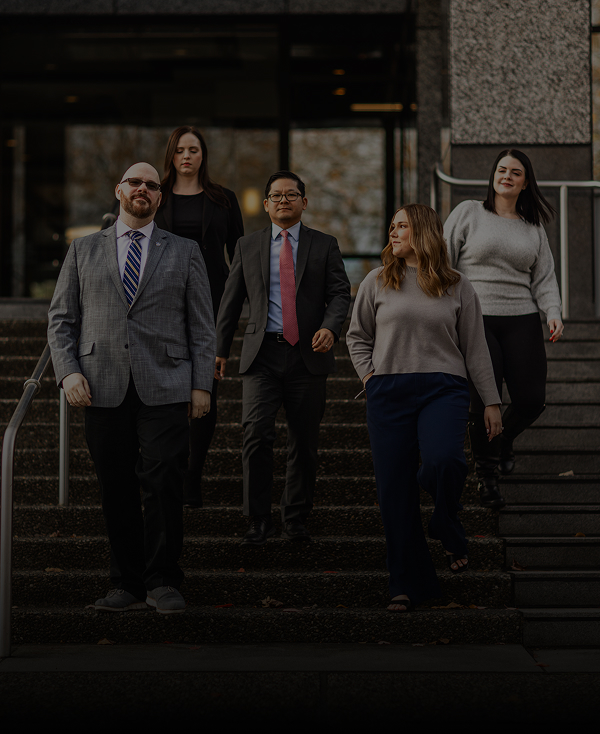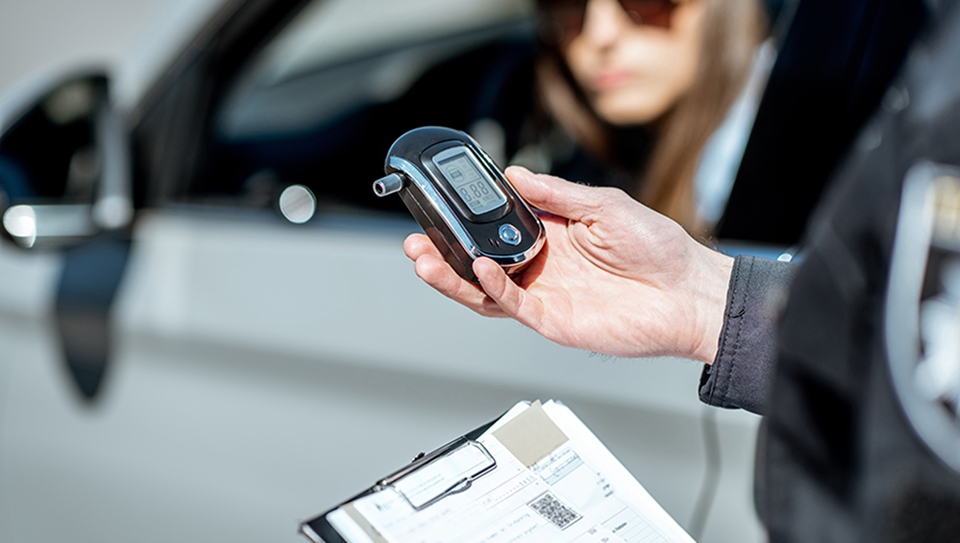Long-term isolation. Loss of employment. A feeling of not being able to control many aspects of our daily lives. Constant and alarming media reports of death counts. This is the “new normal” in 2020. So it comes as no surprise that new studies show a startling trend toward yet another unintended consequence of the pandemic: increased substance abuse and untreated mental health conditions.
In a new study by the Well Being Trust, a national foundation committed to mental, social, and spiritual wellness, 75,000 new deaths this year can be attributed to “the deaths of dispair.” “Deaths of despair are tied to multiple factors, like unemployment, fear and dread, and isolation. Prior to the COVID-19 pandemic, there were already an unprecedented number of deaths of despair. We wanted to estimate how this pandemic would change that number moving forward,” said one of the study's authors, Benjamin Miller.
An unrelated poll conducted by the Kaiser Family Foundation, showed nearly half (45%) of adults in the United States reported that their mental health has been negatively impacted due to worry and stress over the virus.
Stressful Situation
Fear and anxiety over our changing world can have a lasting impact on both children and adults. Stress can take on many forms:
- Fear & worry for your health and the health of others
- Changing sleep and nutrition
- Difficulty concentrating
- Worsening health problems
- Worsening mental health conditions
- Increased use of alcohol, tobacco, marijuana, and other drugs
Take Care of Yourself
Make time to unwind and do some activities you enjoy. Try to eat healthy, well-balanced meals, get plenty of sleep, and limit consumption of mind or mood-altering substances. Stay in contact with friends and family. Go easy on yourself and your loved ones during this time.
Reach Out
Addiction patients are relapsing and those without substance use disorder are increasing their consumption of drugs and alcohol. In our society there is an unnecessary stigma around getting help for substance use disorder and mental health services. Stigma is often a barrier to seeking help you may need, but you are not alone. In Washington, 1 in 8 Emergency Room visits involved a mental health or substance use condition*. 1,139,000 adults in Washington have a mental health condition, which is more than 5 times the population of Tacoma*. Only about 4 in 10 people in Washington with a mental health condition received any treatment in the past year*. There are, however, many resources available:
- Self-Help Meetings: Alcoholics Anonymous, Cocaine Anonymous, Narcotics Anonymous, and SMART Recovery are all offering online meetings during the pandemic. Many of these are available 24/7.
- Substance Use Evaluations: Treatment providers are open and willing to help. Many are offering telemedicine appointments and have weekend and evening options. Additionally, due to addiction medicine reform by Congress in response to the pandemic, access to treatment services is more flexible than ever before.
- Recovery help Line: Contact the Washington Recovery Help Line at (866) 789-1511.
- Suicide Prevention: Contact the National Suicide Prevention Lifeline at 1 (800) 273-8255
- Call your county Behavioral Health Crisis Line. For King County: 1 (866) 427-4747; For Snohomish County: 1 (800) 584-3578; For Pierce County: 1 (800) 576-7764.
At DUIHeroes, we pride ourselves on client care and protecting the rights of the accused. We know that the traumatic, unrelenting stress of being accused of a crime can feel overwhelming. If you or a family member has been arrested for an offense involving substance use or mental health, contact us at (425) 296-9358 to discuss your legal options.
*Statistics courtesy of the National Alliance on Mental Illness.






